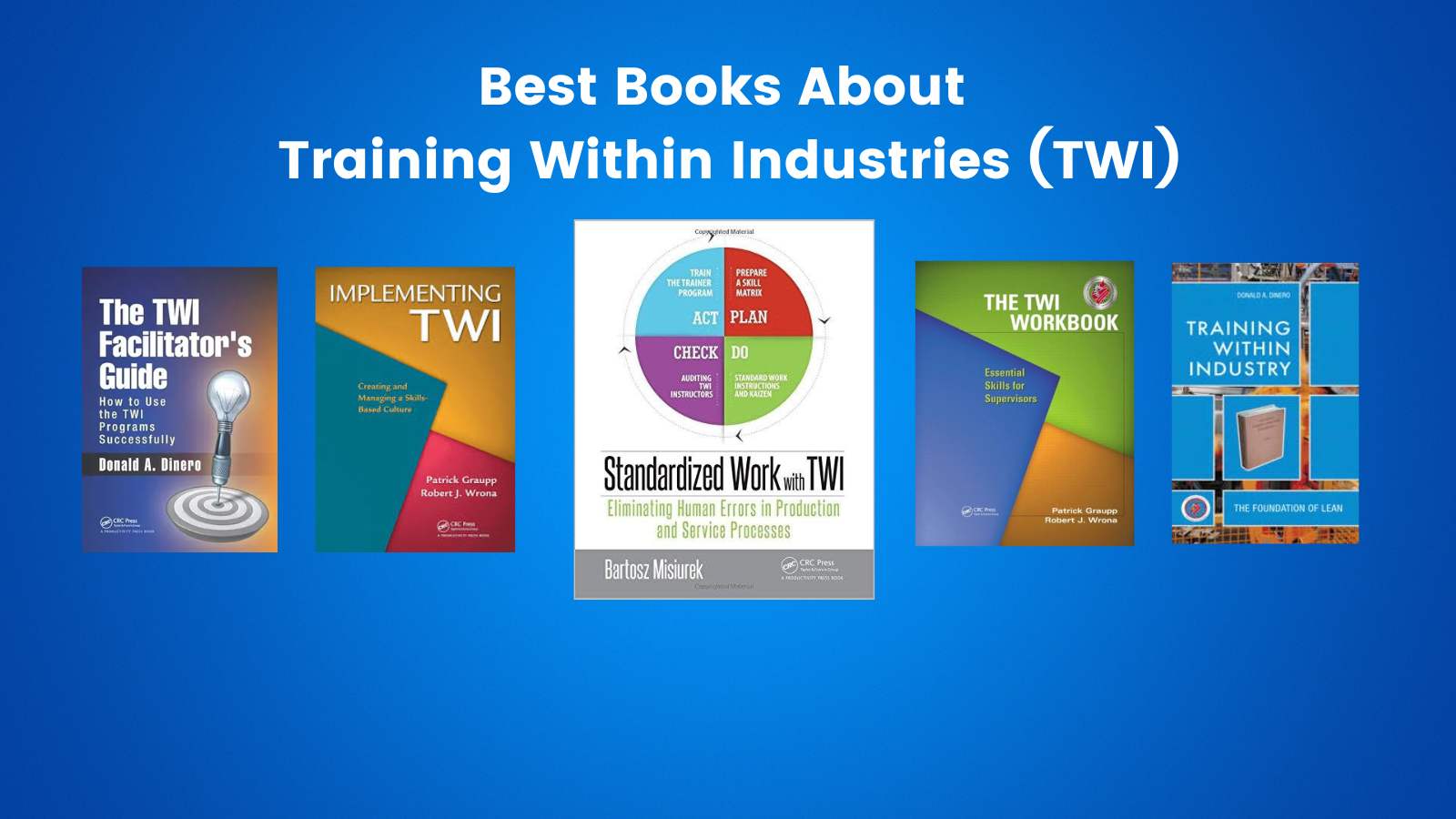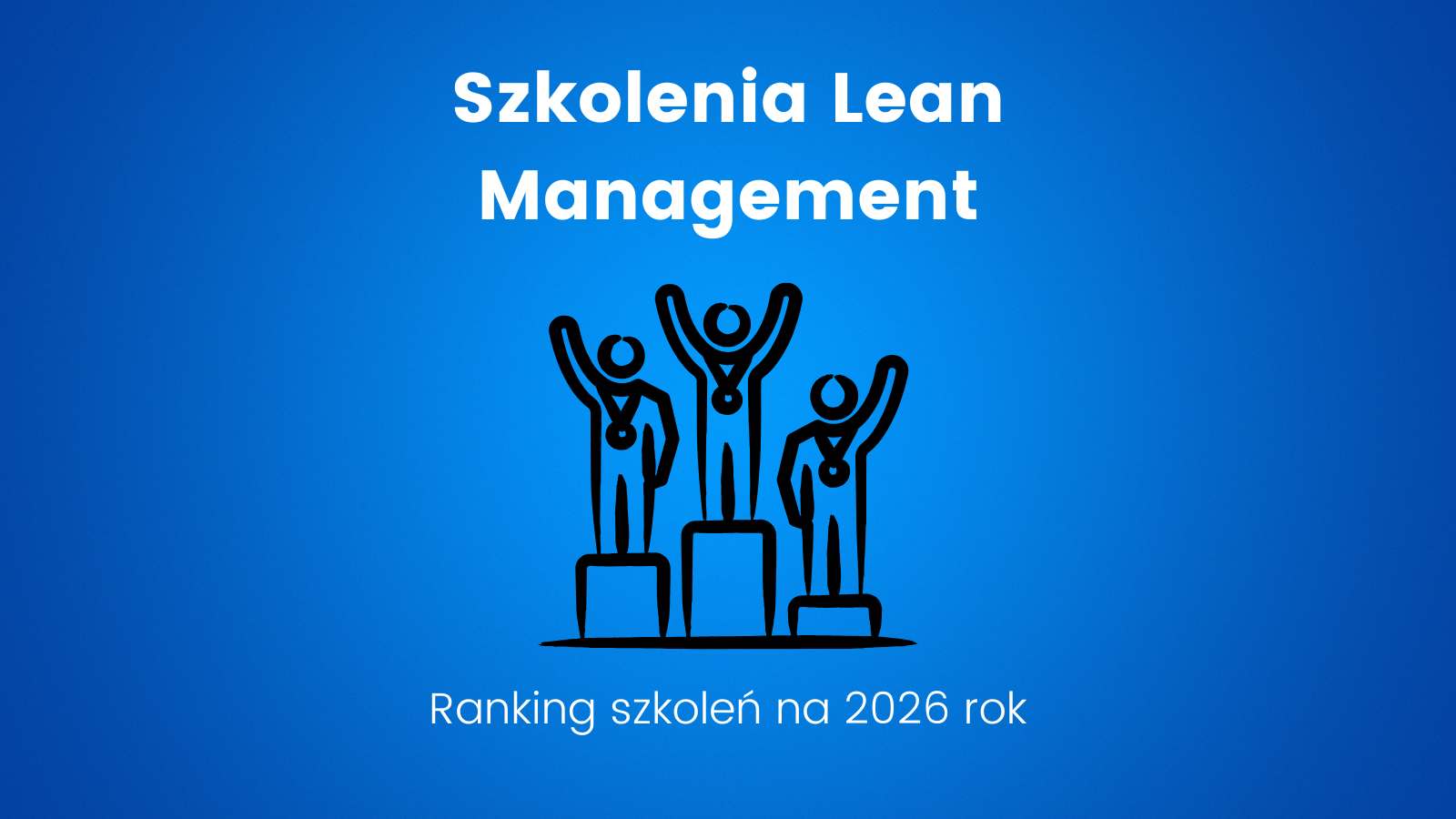Impact of help on employees. The act of helping others is often seen as a noble and constructive behavior. It embodies empathy, kindness, and the essence of our humanity. However, when it comes to the workplace, a question arises: Does excessive helping truly foster the growth and development of employees? Is the act of continuously extending help a genuine catalyst for their empowerment?
Table of Contents
ToggleDoes excessive helping strengthen employees? Does helping develop our employees?
Usually, helping others is perceived as a decidedly positive action. Assisting is associated with empathy, kindness, and simply a human reflex. Paradoxically, excessively helping employees doesn’t actually empower them.
Every stick has two ends – helping: as well.
The Rescuer Boss is usually a good manager and a decent person. They don’t like to watch others struggle with difficulties or make mistakes that could have been avoided. When the first signs appear that something is going wrong, they immediately intervene and offer help. Their intentions are noble. They want others to succeed.
In reality, this interrupts the natural cycle of achieving results and deprives them of the opportunity to learn, which is necessary for success.
The side effect is that people, instead of developing, become dependent on them and feel helpless. Employees, instead of feeling successful, experience frustration and lack of confidence. Instead of joy in overcoming obstacles, they feel a lack of faith from their boss in their abilities. That’s exactly the kind of behavior we discuss with Sławomir Błaszczak in the next episode of “Narzędziownik” podcast by Kto tu rządzi? We cordially invite you to listen.
Conclusion:
Impact of help on employees. While the instinct to help others is commendable, there’s a crucial balance that must be struck in the workplace. Excessive help, especially when displayed by management, can hinder the growth and independence of employees rather than fostering their development. The interventionist approach, though well-intentioned, may inadvertently stunt the learning process necessary for employees to thrive. Ultimately, fostering an environment that encourages self-reliance and learning through challenges may better serve both individual employee growth and the company’s overall success.
I am dedicated to helping leaders transform their approach to team engagement, ensuring that employees are not only aware of their roles but are also efficient and autonomous. Through my experience as a trainer, coach, and mentor, I have developed strategies that aid in identifying and addressing waste in companies, fostering a culture of decisive and independent team members, and promoting a collaborative and efficient work environment. If you find yourself caught in the cycle of constant decision-making, dealing with unengaged employees, or facing team conflicts, I’m here to support your journey toward an empowered and proactive team. Together, we will focus on enhancing communication, promoting collaboration, and aligning your team’s efforts with organizational objectives.







